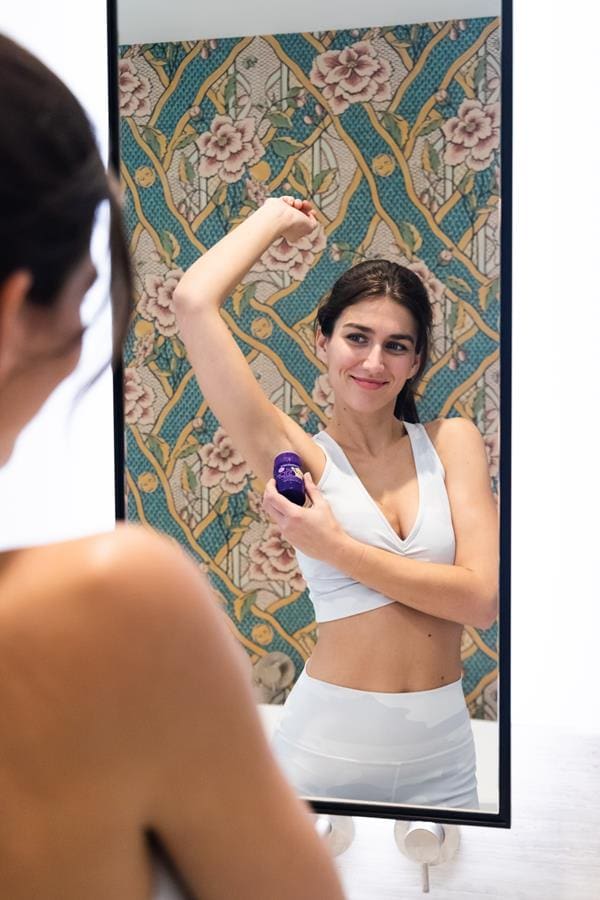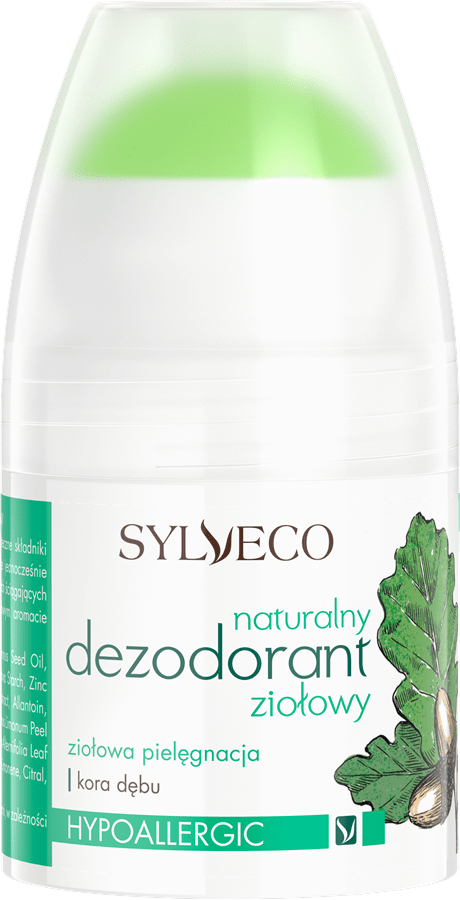
The cosmetics market offers a wide range of preparations designed to protect us against the consequences of bad breath, including antiperspirants, deodorants and blockers.
Sweat is odorless – but it’s a perfect breeding ground for bacteria, which are responsible for the characteristic sweat smell. The underarms are a place that is particularly conducive to bacterial growth and the sweat secreted by the so-called apocrine sweat glands – located only in a few places on our body, including the armpits – has a different chemical composition than the sweat secreted by eccrine sweat glands (located on the entire body surface). The different chemical composition means that sweat secreted by the apocrine glands, in contact with bacterial metabolism, produces a different, more pungent and unpleasant scent.
Deodorant or antiperspirant?
Although the two names are often used interchangeably, they mean cosmetics with different effects:

Which cosmetic to choose?
Due to the many controversies surrounding aluminum compounds, which are suspected of having carcinogenic properties, a better choice is to use deodorants following the principle “prevention is better than cure”. However, if the problem is intensive sweating and staining of clothes, you should carefully reach for antiperspirants and choose those with the safest composition possible. It is better to leave the use of blockers for exceptional circumstances or give them up altogether.
It’s also worth remembering that your diet has a significant impact on the way your sweat smells – by reaching for healthy, unprocessed products you can help reduce the intensity of your sweat. Regular consumption of parsley, basil, mint, dill or sage also minimizes its persistent aroma.